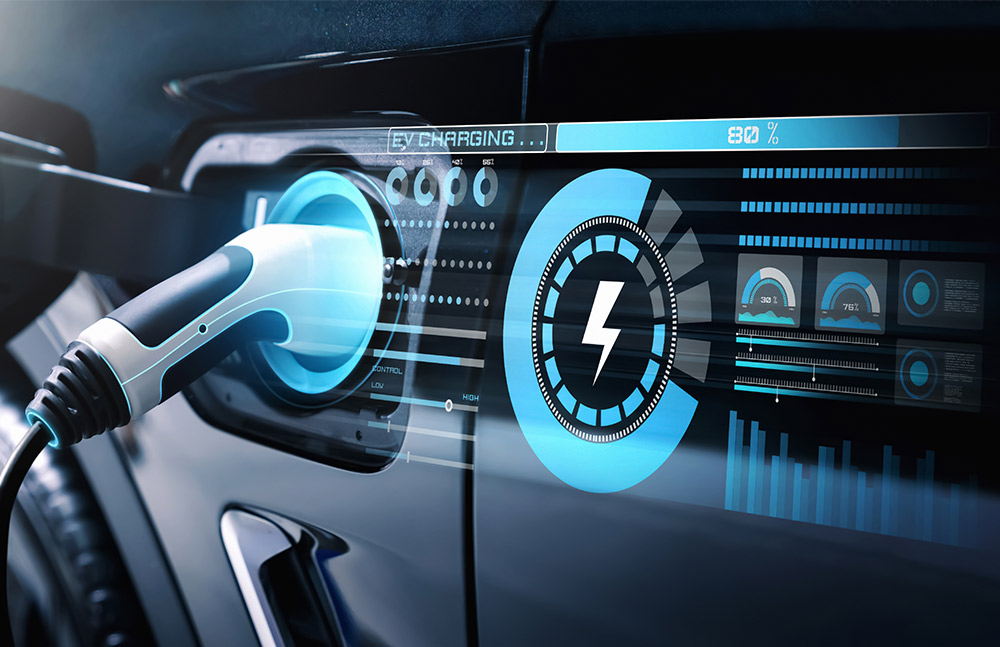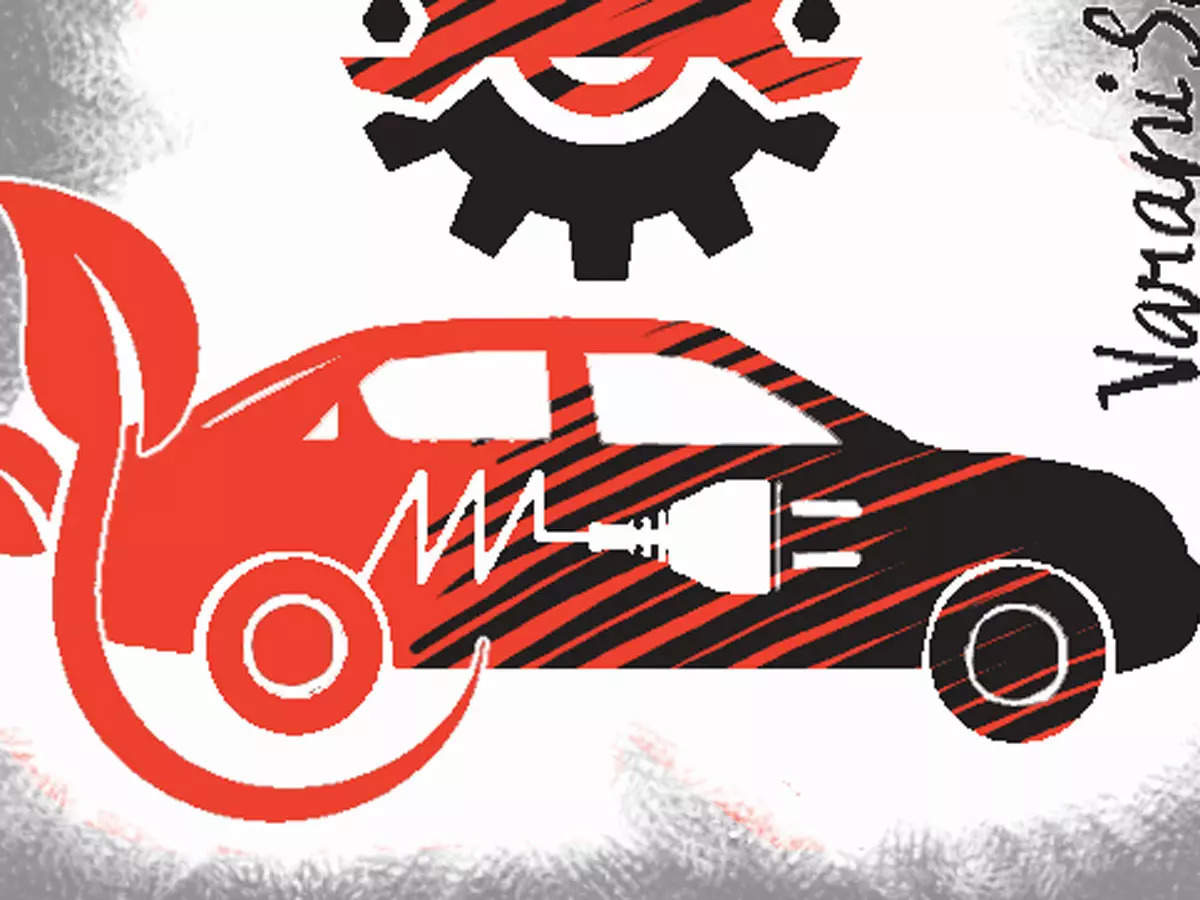
Table of Content
▼The Solid Battery Game
Solid-state batteries could be a game-changer for electric vehicles (EVs) by storing more energy, charging faster, and providing greater safety than liquid lithium-ion batteries, helping to accelerate the shift from cars to run on fossil fuels.
Solid-state batteries use thin layers of solid electrolytes, which contain lithium ions, between the electrodes.
Usage
Solid-state batteries are currently used in devices such as pacemakers and smartwatches.
Experts say it takes three to five years to mass-produce these batteries in the electric vehicle market.
Advantage
They are potentially safer and more stable than liquid lithium-ion batteries in which the electrolyte is volatile and flammable at high temperatures. This makes electric vehicles that use lithium-ion batteries more vulnerable to fires and chemical leaks.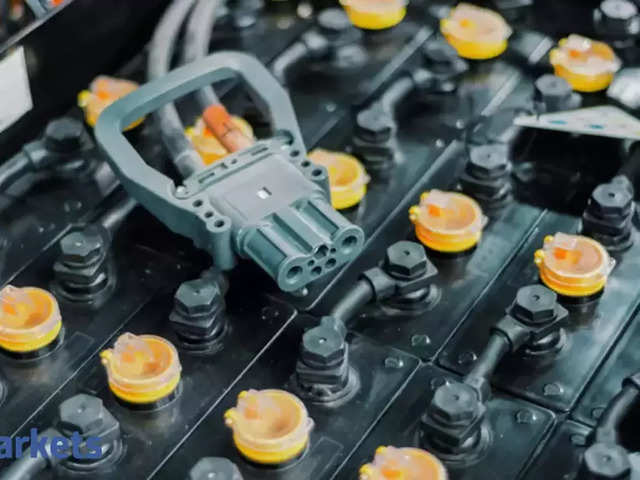
Greater stability means faster loading and reduces the need for bulky safety equipment.
Mass production of solid-state batteries
Automakers and tech companies have produced solid lithium-ion battery cells one by one in the lab, but so far they haven't been able to scale them into mass production.
It is difficult to design a solid, stable electrolyte that is chemically inert and remains a good conductor of ions between electrodes. They are expensive to manufacture and prone to cracking due to the brittleness of electrolytes as they expand and contract during use.
Who is trying to do it?
The Japanese company Toyota Motor Corp. is one of the leaders in the mass production of solid-state batteries. He said he has problems with its short lifespan, but he still intends to start manufacturing it in mid-2020.
In addition to Toyota's inte
al research, it has partnered with Panasonic of Japan to develop these power packs with the Prime Planet Energy & Solutions Inc. venture.
Also Read: 2021 Yamaha RayZR 125 Fi Hybrid Launched In India, Prices Start At ₹ 76,830
Mehul Jain
EV Specialist & Clean Mobility Advocate. Mehul Jain is an expert in India’s evolving electric vehicle ecosystem, with a focus on EVs, charging infrastructure, and sustainable mobility. His articles cover everything from government subsidies to range insights, helping readers navigate the shift to cleaner transportation.
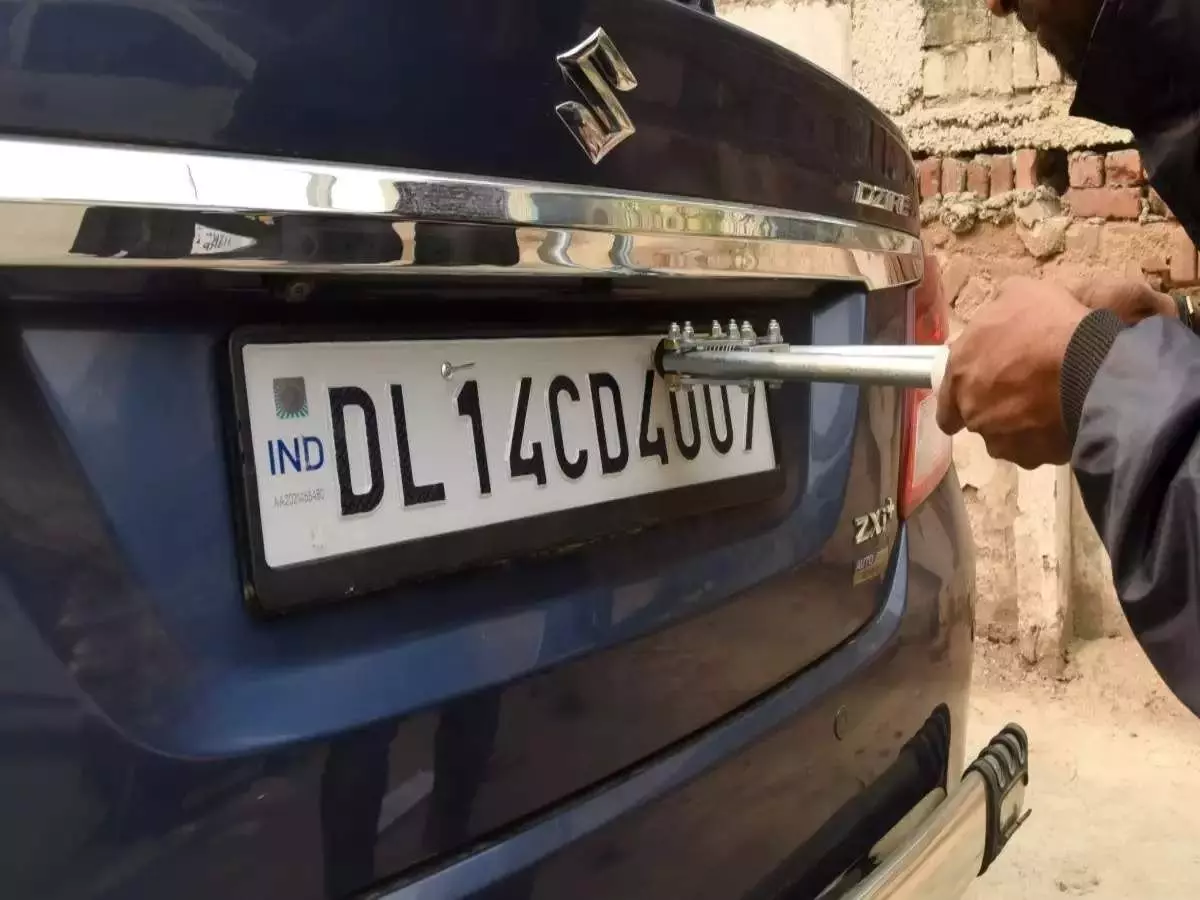

_1770886465.webp)

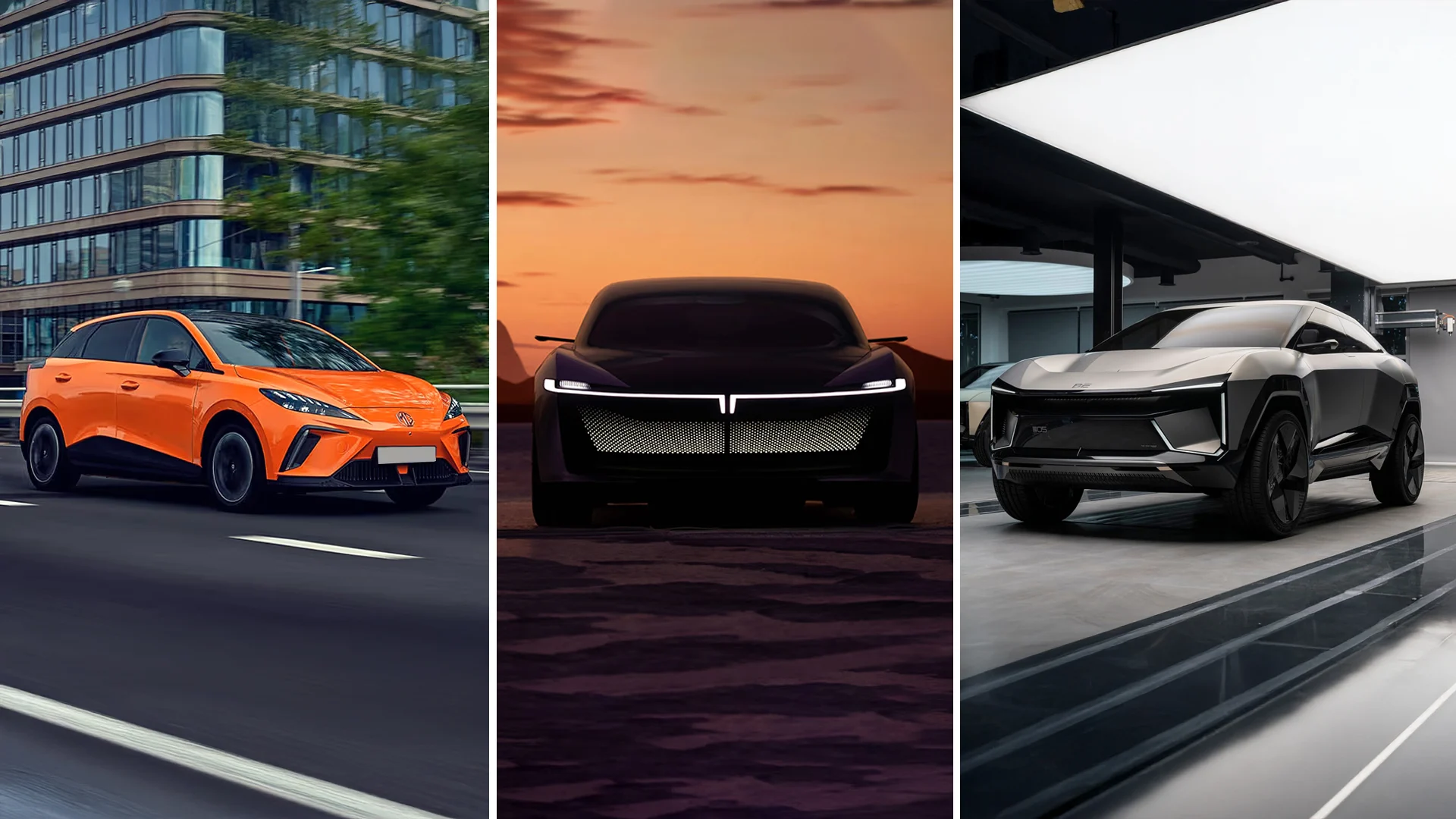
_1716799620.webp)

